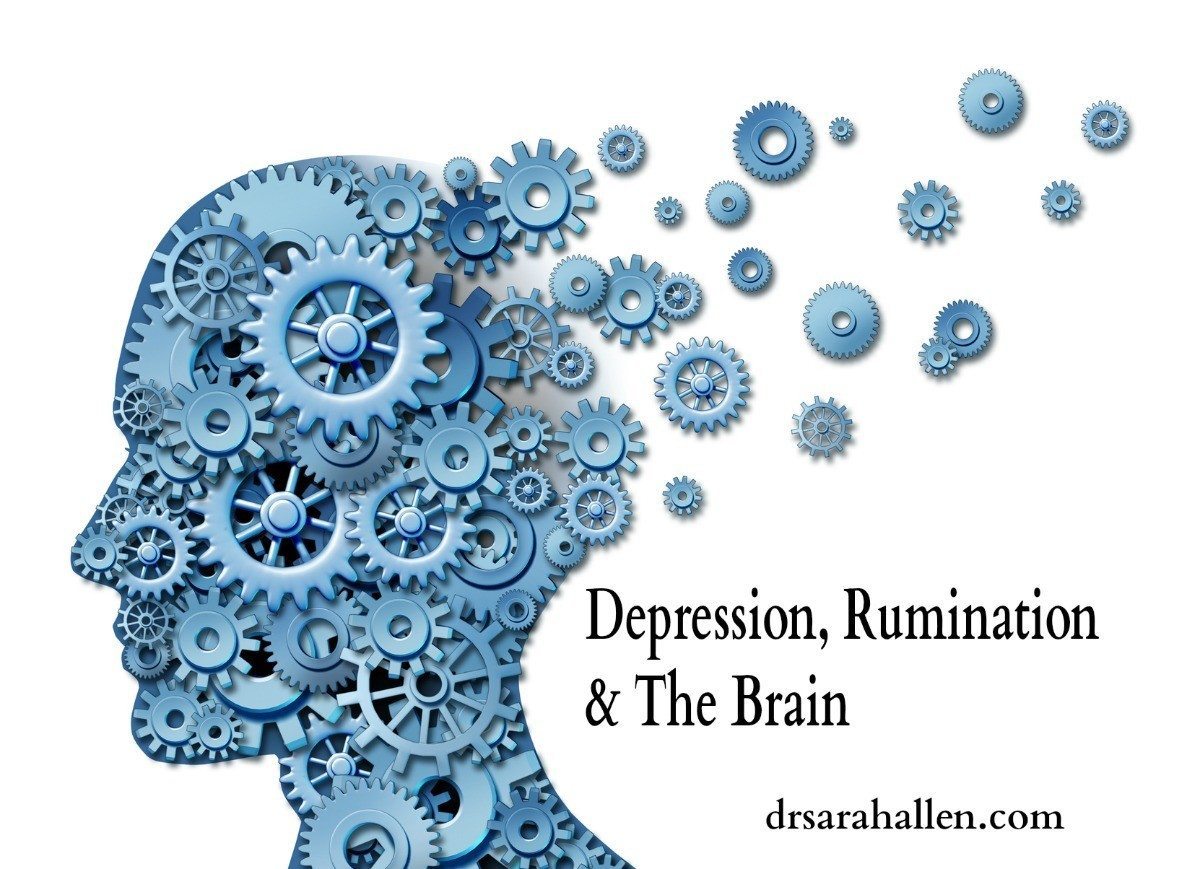
The findings of a new study improve our understanding of depression in young adults and could lead to new ways to predict, prevent and treat the illness. It’s not only teens and young adults that get depressed of course but new brain research shows that it might start in the way the brain has developed. This has important implications about whether it is best to start depression treatment sooner rather than later in order to prevent the development of chronic depression symptoms.
Researchers at the University of Illinois at Chicago conducted brain scans on 30 volunteers, ages 18 to 23, who had depression in their teen years, and a control group of 23 young adults who never had depression and found that young adults who struggled with depression in adolescence appear to have “hyper-connected” networks in their brain.
What does hyper-connectivity mean?
When regions of the brains in those with a history of depression were hyper-connected, it means that the regions “communicate” with each other a bit too much. This hyper-connectivity is related to rumination, in which a person constantly thinks about a problem without actively attempting to find a solution.
When people ruminate, they over-think and obsess about situations or life events, such as work or relationships. They go over the same thing in their mind again and again and again. Most importantly, rumination is a risk factor for depression and for re-occurrence of depression if you’ve had it in the past. Ruminating or over-thinking events that have already happened isn’t just a waste of time (since it rarely achieves any more new insights on the matter), it can also become harmful as it amplifies negative emotions and increases feelings of stress.
This study is important as it increases our awareness of how our brain structure influences our moods. I find that Cognitive therapy is a really useful treatment for both rumination and depression and if we can provide prevention and treatment to teens most at risk, it might be possible to either prevent their depression, reduce the number of depressive episodes, or reduce their severity.
“If we can help youth learn how to shift out of maladaptive strategies, such as rumination, this may protect them from developing chronic depression and help them stay well as adults,” stated study lead author Rachel Jacobs, a research assistant professor of psychiatry at UIC’s Institute for Juvenile Research.
Maybe you are a young adult now or perhaps your rumination began when you were a teen. Either way, it is best to get support rather than cope alone.

I put together this booklet with strategies I am always giving to my clients firstly, because they help and secondly, so clients can have something handy to refer to between sessions.
I am a big believer in giving handouts about the strategies we talk about during sessions because I think it is hard to remember everything. I also give new clients a folder so they will be able to keep all this information in one place. A sort of emotional health toolbox to get out and read when you need it.
Not everyone is able to come and to see me though so I decided to make these strategies available to everyone and I hope you find this booklet helpful too. I think it is a great way to get started but it is hard to do this on your own so please contact me with any questions you may have after reading it.
Add your first name and email in the box below and you will be sent the steps to download your FREE book and begin your journey to feeling better.







